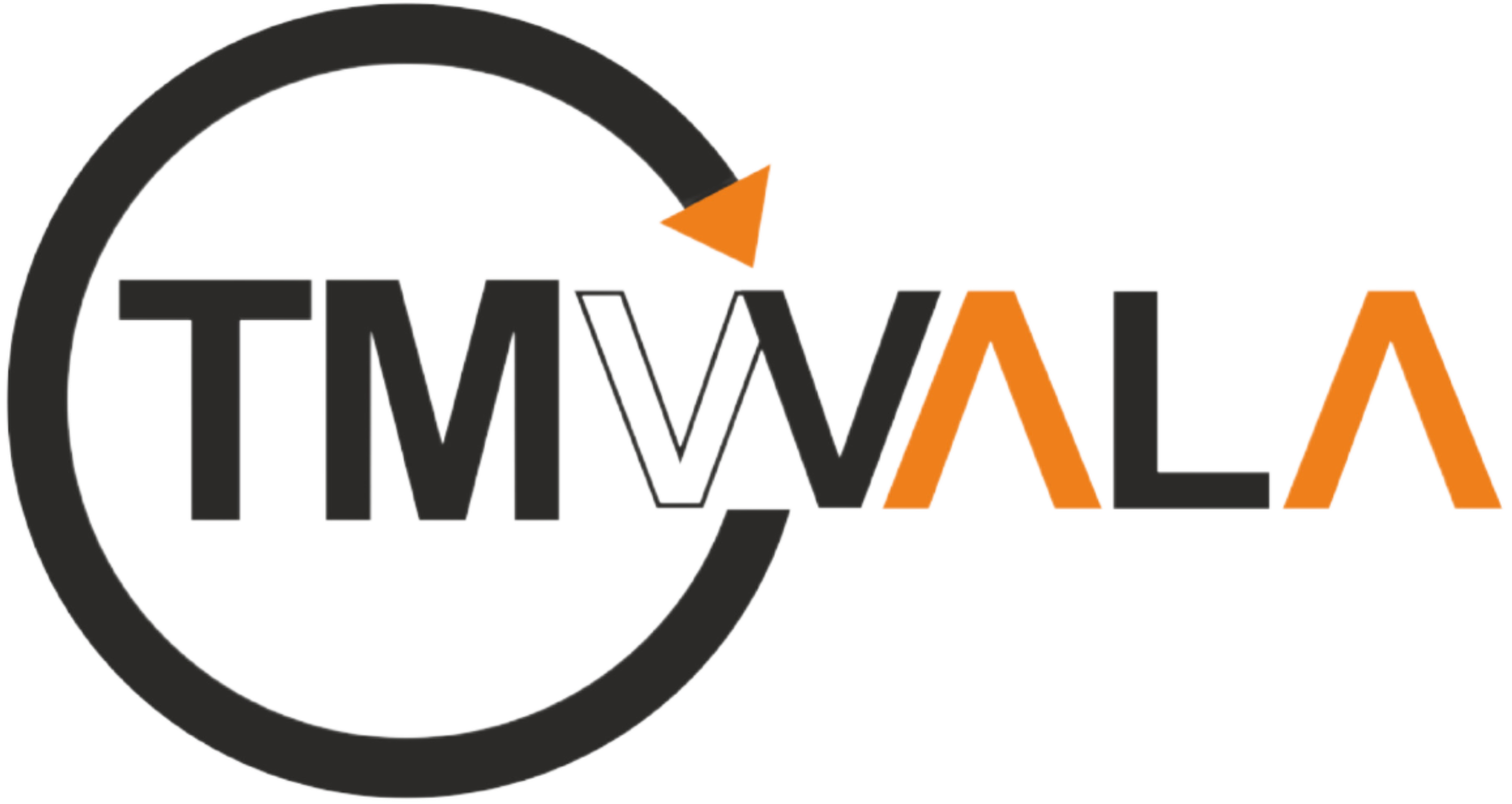The purpose section 12 of the Trade Marks Act, 1999 is to grant exclusive rights to a proprietors over their originally adopted and conceived mark while preventing any unauthorised use of such protected mark by anyone other than the original adopter and lawful proprietor. However, there are certain special circumstances in which the Trade Mark Act allows for the registration of identical or similar mark in respect of similar set of goods and services to more than one person. So let us know what does section 12 of the trademark act is about.
This could be done only in extraordinary circumstances as enshrined under Section 12 of the Trademark Act, 1999. The said act allows multiple proprietor to obtain registration of identical or similar trademark in relation to similar goods and services in case of honest and concurrent use. Let’s understand this provision, its applicability and meaning in detail.
What is Honest Use under Section 12 Of The Trademark Act?
Honest use refers to a situation where a trademark has been adopted & thereafter used by a person in good faith and with bona fide intent. A mark is said to be honestly used when the mark has been independently adopted and used without knowledge of prior-existing identical or similar marks in the market. There is no intend to deceive anyone, cause confusion with vis-à-vis any prior-existing mark or ride upon anyone else’s reputation.
What is Concurrent Use under Section 12 Of The Trademark Act?
Concurrent use refers to a situation where the identical marks are being used by two or more persons simultaneously & parallelly co-existing over a period of time. The law recognizes that there are certain circumstances like that of concurrent use which may not create confusion among consumers, especially if both businesses operate in different geographical areas or have different trade channels. Below is small and simple example of Section 12 Of The Trademark Act.
Example: ‘A’, being a seller of tea in Assam, adopts & starts to use the mark ‘Turban Tea’ in its local business for 20 years, unaware regarding the prior existence & use of the same mark by another tea seller ‘B’ in Karnataka since the past 21 years. Here ‘A’s adoption and use of the mark ‘Turban Tea’ is both honest and concurrent.
Is Section 12 a Right or a Discretion?
Section 12 of the trademark act gives discretionary power to the Hon’ble Registrar to exercise in special circumstances of honest and concurrent use by allowing registration of similar or identical marks. Ld. Registrar has to decide this on case to case basis whether such extraordinary or special circumstances exist to exercise its discretionary powers under section 12 of the Trademark Act. The registrar has to be sufficiently satisfied regarding the Honesty and Concurrency of use to excursive its discretion. For this, the Registrar is at the complete liberty to call upon the parties to present cogent and unimpeachable documentary evidence substantiating their claim of Honest & Concurrent use.
Even after being satisfied regarding Honesty and Concurrency of use, the registrar would check whether there are other special circumstances that justify allowing the use of similar marks like geographical differentiation i.e., marks being used in different geographical territories of India, established use of similar marks in the market that have created independent distinct identities despite the similarity.
After being satisfied regarding the grounds mentioned above, the Registrar, if it thinks fit, may allow the registration of identical or similar marks. However, whether such registration is absolute, limited or conditional also lays on the Registrar.
Conditions, Restrictions & Limitation under Section 12 Of The Trademark Act
Section 12 of the trademark act empowers the Registrar to impose any condition, restriction or limitation over the registration of a mark as it deems fit. This right has been granted to the Registrar to remove any chances of potential confusion that might have arisen in the past or may arise in the future. Such any condition, restriction or limitation may include:
- Limitation as to use in certain Geographical areas.
- Restriction as to use in a relation to specific goods and services
- Conditions regarding the manner of packaging/presentation of the marks to avoid confusion.
Landmark Cases on Section 12 of the Trade Marks Act, 1999
1. Kores (India) Limited vs Khoday Eshwarsa And Son, And Anr., (1985(1)BOMCR423) https://indiankanoon.org/doc/1226902/
- In thiscase, the Hon’ble Bombay High Court laid down 5 pre-requisites for grant of registration under section 12 of the trademark act i.e.,
The honesty of the concurrent use,
- The quantum of concurrent use shown by the petitioners having regard to the duration, area and volume and trade and to goods concerned,
- The degree of confusion likely to follow from the resemblance of the applicants’ mark and the opponents’ marks.
- Whether any instance of confusion have in fact been proved, and
- the relative inconvenience which would be caused to the parties and the amount of inconvenience which would result to the public if the applicants’ mark is registered.
1. London Rubber Co. Ltd vs Durex Products, 1963 AIR 1882
The Hon’ble Supreme Court, in this case held that, there is no requirement to establish no probability of confusion. The simple fact that there has not been a single instance of confusion throughout the years of concurrent use of both the marks is enough to take the benefit of section 12 of the trademark act.
Exceptions to Section 12 Of The Trademark Act:
There are however certain circumstances where even after fulfilling the criteria laid down under the express provision as well the judicial pronouncements surrounding section 12 of the trademark act, registration to a mark cannot be granted. Such exceptions to the applicability of section 12 of the trademark act involve the circumstances where one mark is a well-known mark, in the case of trademark squatting, where the prior user has the bona fide plans of expansion in the same field as the later adopted mark etc. Thus, exercise of discretion under section 12 of the trademark act there is no rule of thumb and has to be decided on case to case basis.
Conclusion: Section 12 of the Trademark Act
Section 12 of the Trade Marks Act, 1999, provides certain amount of flexibility for businesses that have used similar or identical marks in good faith. This section ensures that the efforts, time and money spent by businesses over the honest and concurrent use and adoption of their marks do not outrightly go into vain. However, the burden rests on the Registrar to strike a balance between allowing businesses to protect their established marks and protecting the rights of honest and concurrent users. It was the total overview of Section 12 of the Trade Marks Act.






